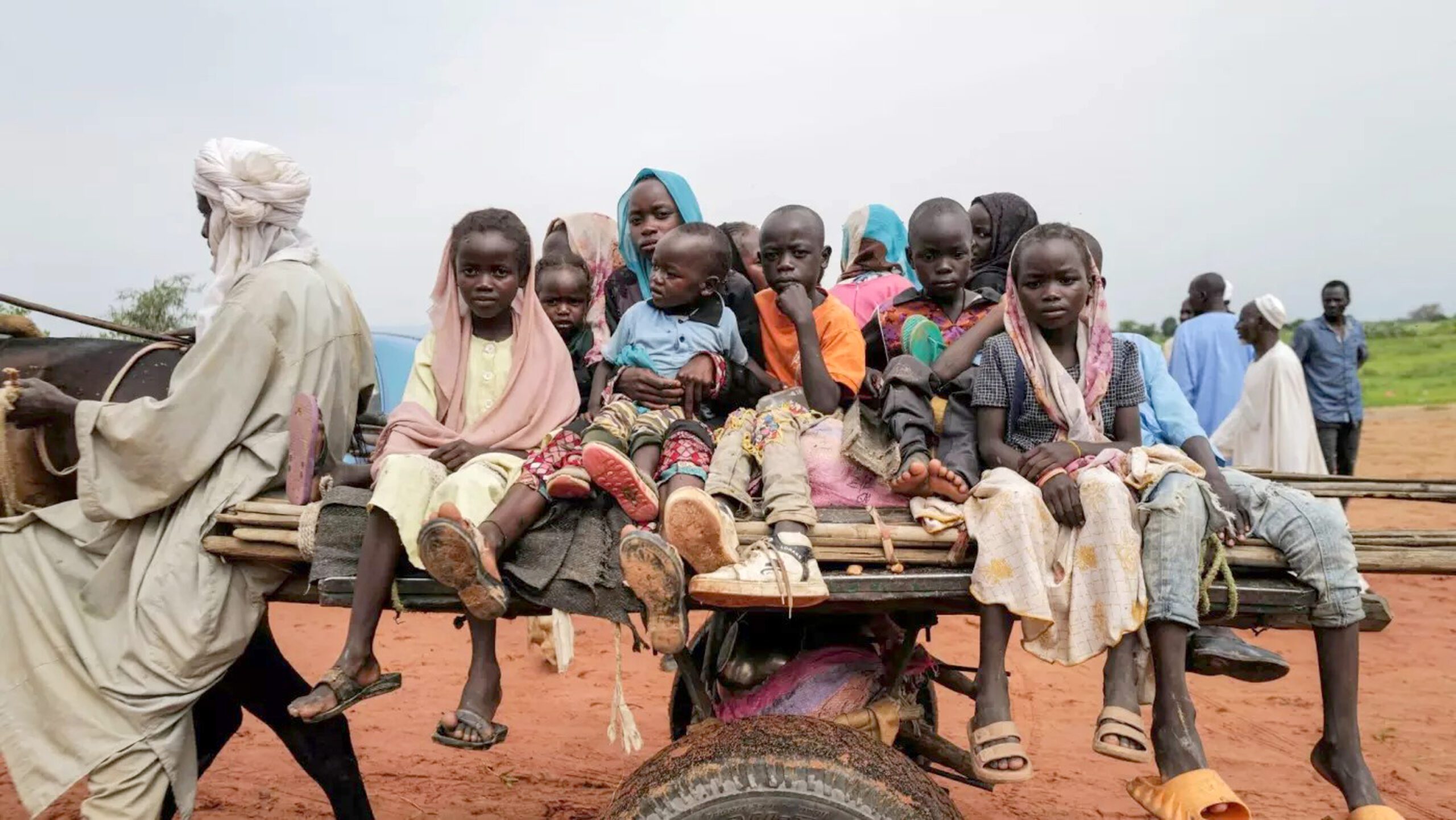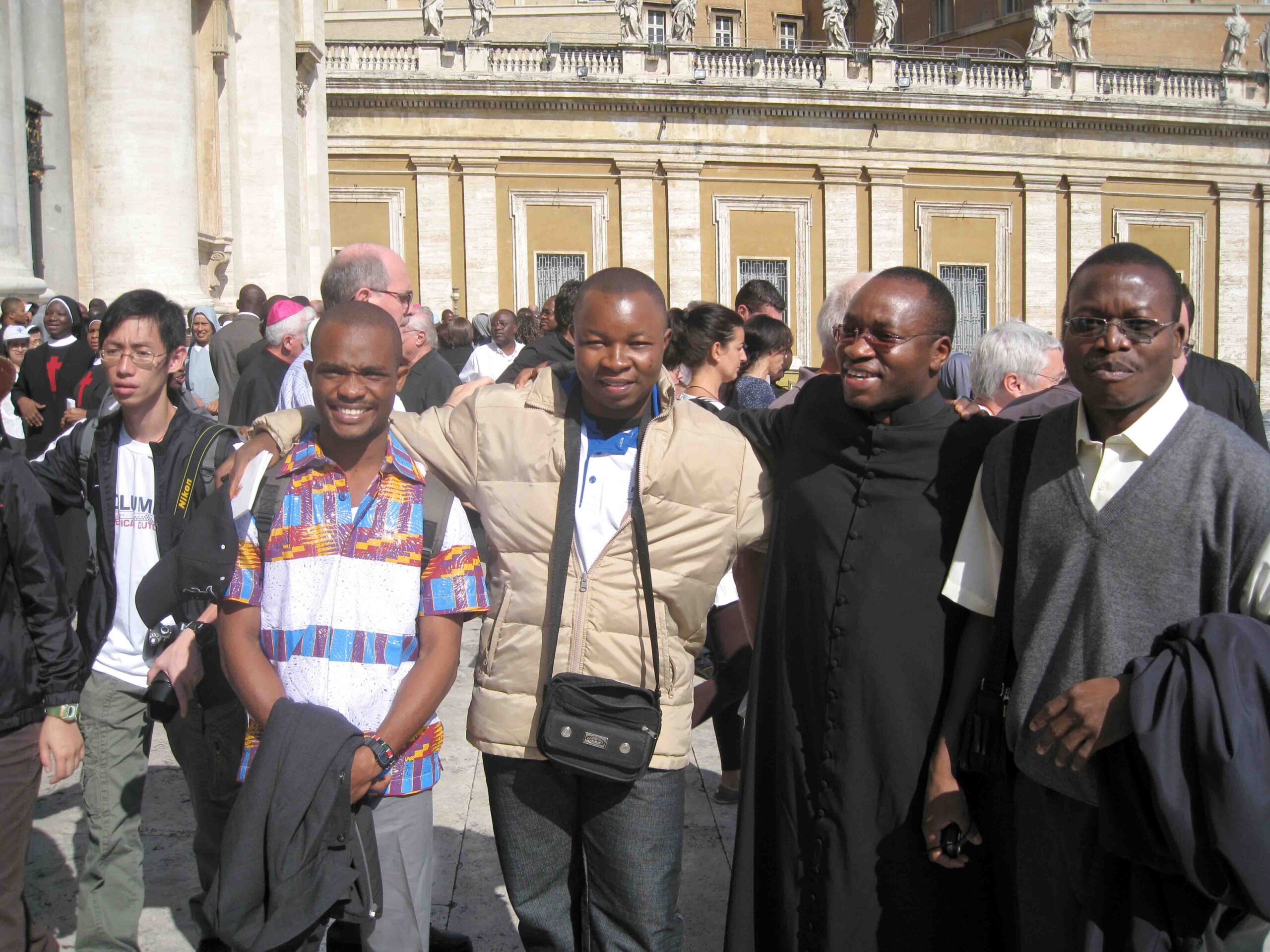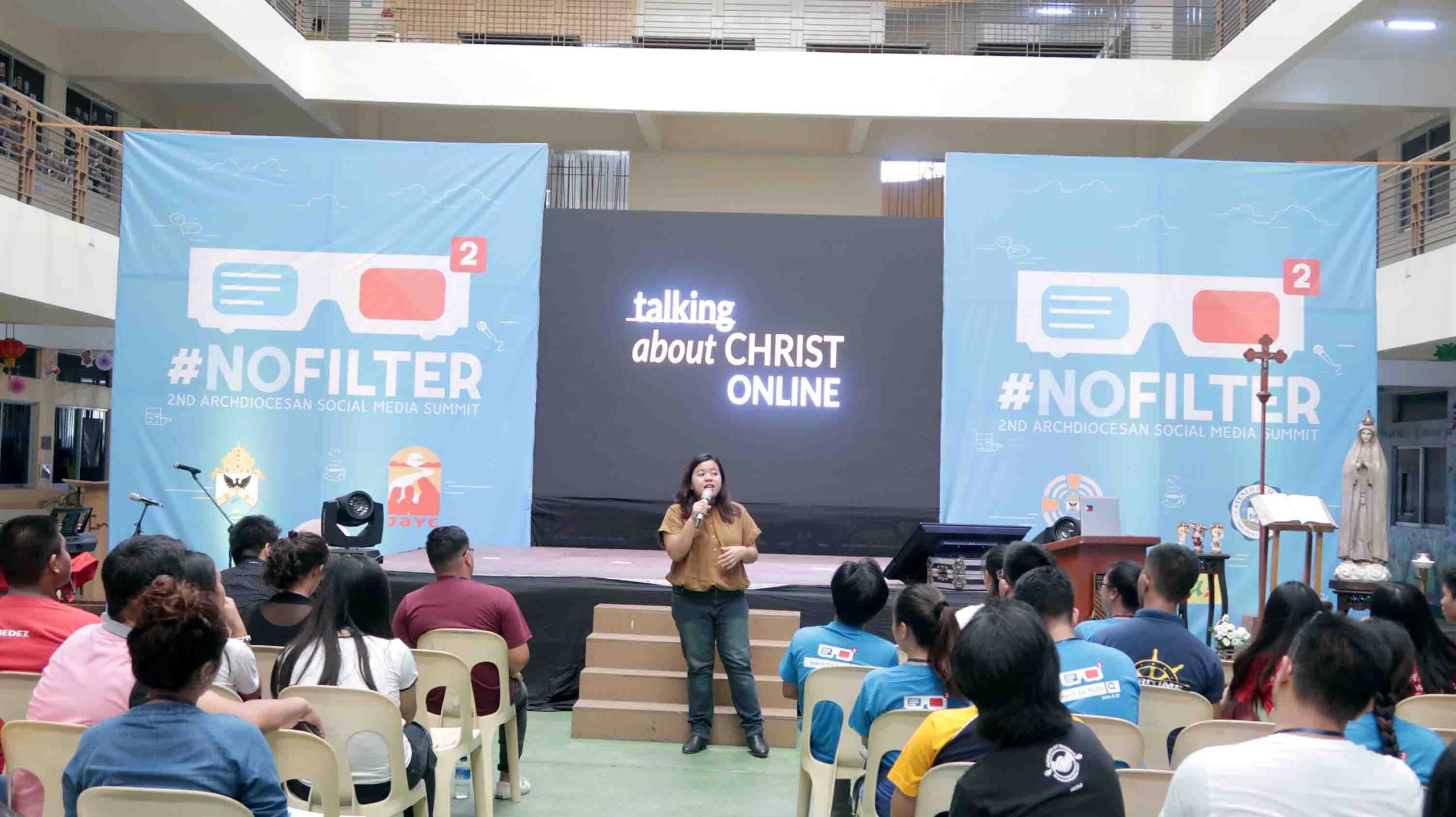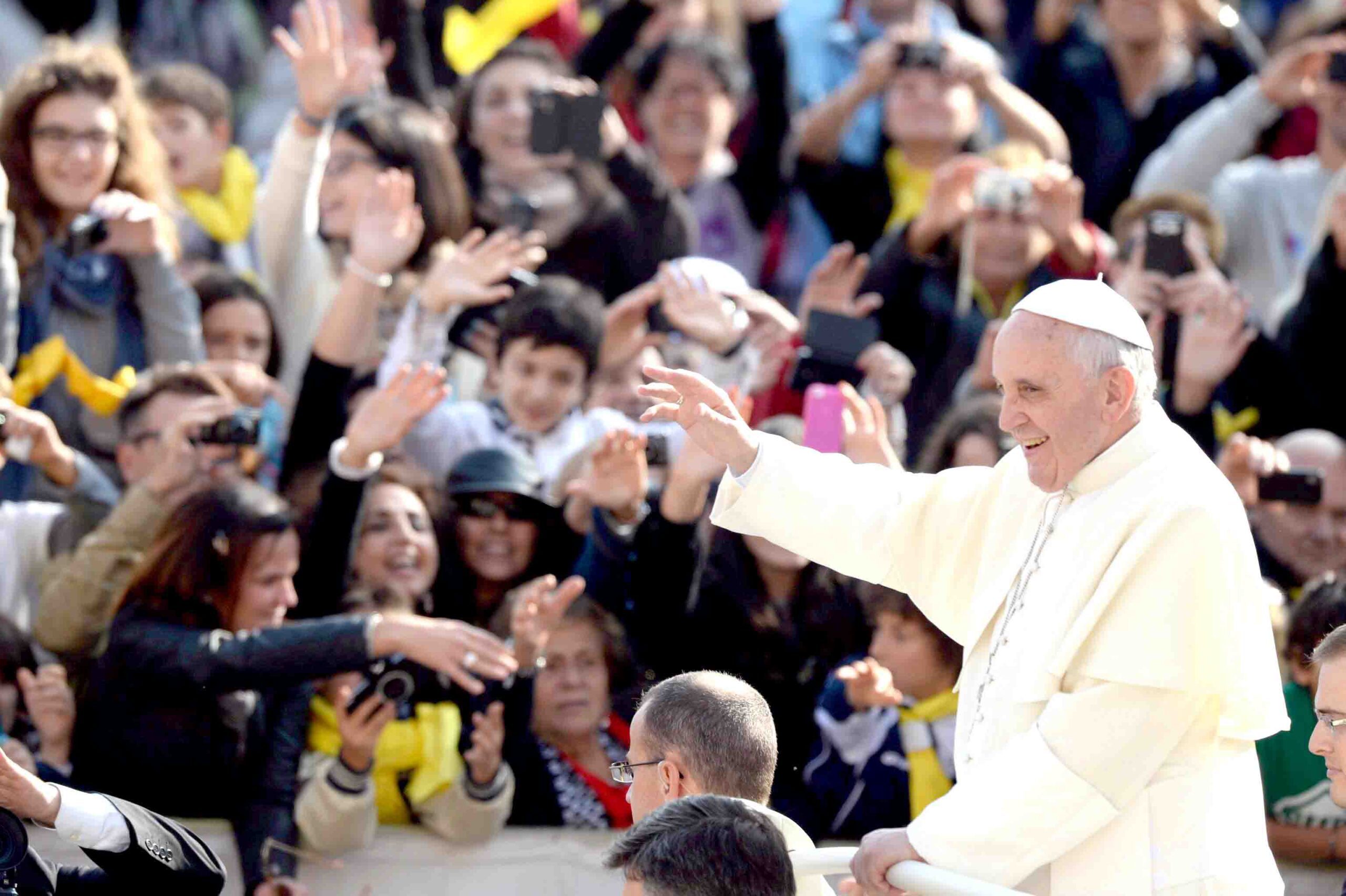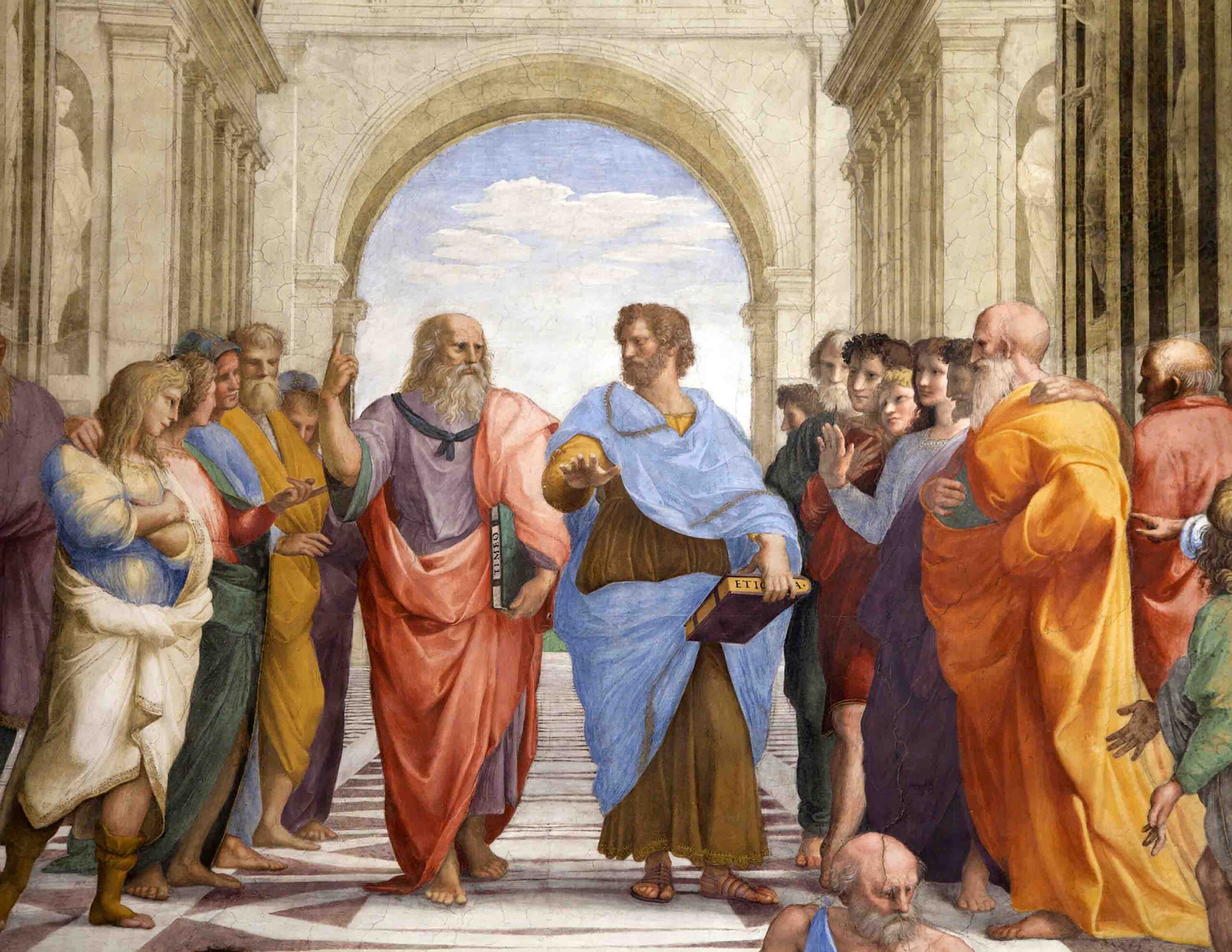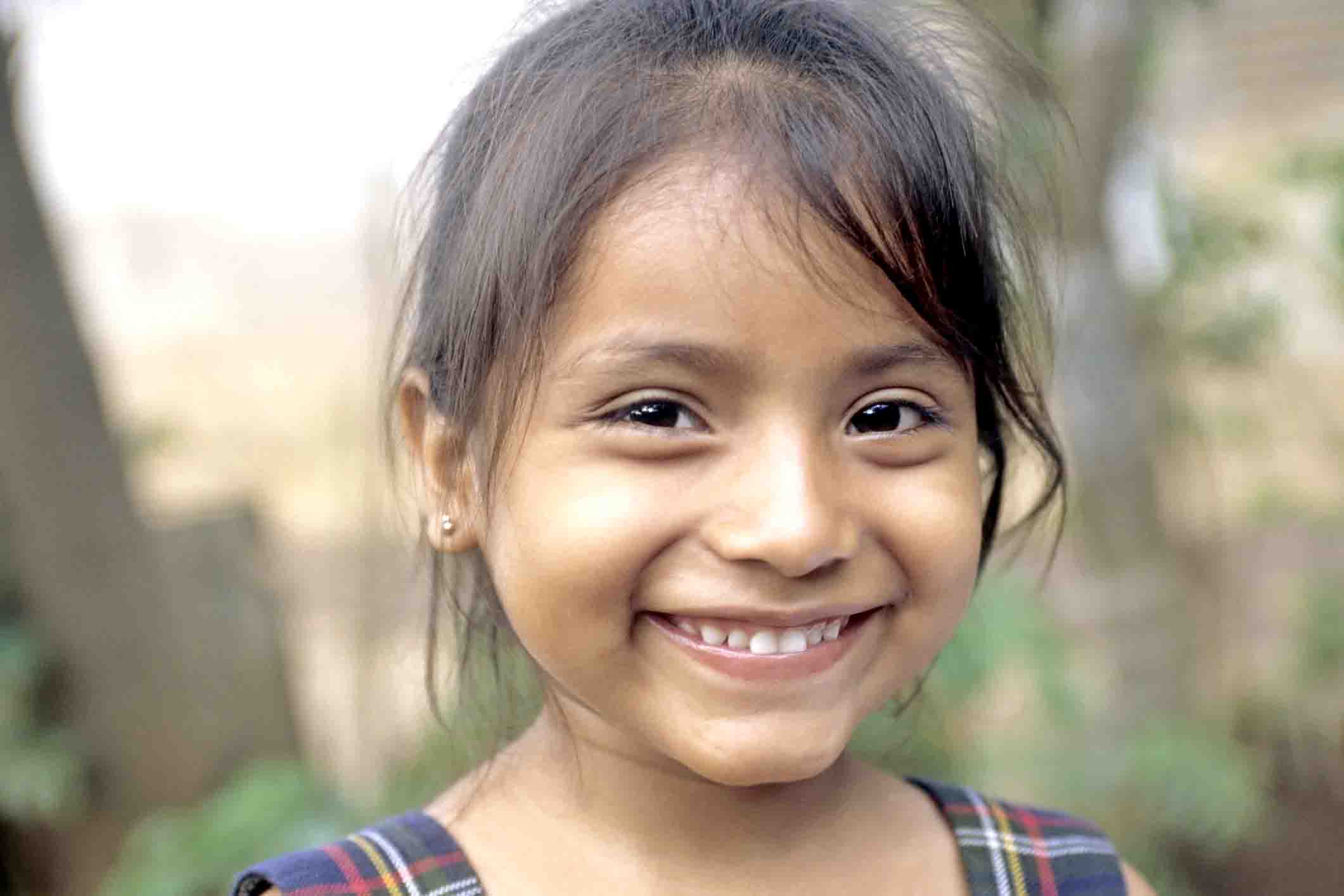Mallala Yousafzai, the teenage promoter of women’s education in Afghanistan, was reading A Brief History of Time by Stephen Hawking, when she heard of new violence breaking out in her country. She wrote a letter to God, “Dear God… I don’t think you would be happy if you saw the children on my road living on a rubbish dump. God, give me strength and courage, and make me perfect. Malala”.
She took it up as a mission to promote constructive values that would ensure a future for her country. She took to writing. “The pen…can be much more powerful than machine guns, tanks or helicopters,” she argued. And her words had convincing power. While the Taliban drove her out of Afghanistan, millions were stirred to action around the world.
Mary Kom, an Indian Olympic boxer, remembers how her father had to work all day to feed his family. She considers the sturdiness her father gave her the foundation of her strength: “My strength and stamina continue to be my strong points even when I fight bigger opponents in the ring.” She was a regular churchgoer. “God was the force that kept us going, fighting and hoping for a better time.” Curiously, the story of David and Goliath touched her.
She understood the need for alertness, like “thinking quickly” in the boxing ring. An ‘I-must-win’ mindset supplied her strength when she needed it. She prayed. She did not lean excessively on her popularity. In fact, she found ‘glamour’ tiring. Nor did fame undermine her value system or weaken her convictions.
MARIA RESSA
Maria Ressa, the Nobel Prize awardee, felt that social media too frequently propagated anger, hatred, and authoritarianism. She strongly felt that a sense of moral responsibility should be brought into the media, and there should be legal accountability for one’s reporting. Maria was deeply distressed that Facebook accounts readily divided people for better business.
YouTube and Facebook drew profit out of “anger.” Politically motivated parties use such instruments to manipulate people’s emotions. They play with racist, fundamentalist, and extremist memes and tropes to stir the masses and rouse anger and hate to divide and polarize communities. Hate speeches increase and perturbed mobs take over. An ideologically driven state often lets loose hate mobs among its citizens.
Maria felt convinced that social media must be made to restore a society’s shared sense of togetherness. Her life as a reporter was tough, reaching out far in the heat, cold, hunger, thirst, and fear, often staying in the dark, and even “hiding under the bed,” says Maria. Once when she saw 600 corpses together, she broke down. “I chose to believe in God,” she says, “despite myself, I prayed for their souls.” But she insists that faith is more than religious devotions. Conscientious journalists ought to be moral guardians of the public information system. Maria Ressa combined her team’s joint effort with each individual’s personal initiative. They fought against corruption and defended ethical principles. They were convinced of what surveys have shown that 80% to 95% of people make decisions basing themselves, not on what they think, but on how they feel. Maria’s team sought to lead people’s emotions in a constructive direction in order to change society for something better.
GREAT ACHIEVEMENTS
Though Asian societies have often marginalized women from the public sphere, we have seen great personalities like Indira Gandhi (India), Golda Meir (Israel), Corazon Aquino (Philippines), Sirimavo Bandaranaike (Sri Lanka), and Benazir Bhutto (Pakistan), guiding the destinies of their nations to great achievements. Presently in India, Mamata Banerjee holds strong as the Chief Minister of West Bengal who began her career as a street fighter over sensitive political issues. Nirmala Sitharaman serves as the Finance Minister of India for a third term.
For all that, challenges before women in political leadership can be unrealistically demanding. They are expected to act like men on the one hand and are criticized for doing that on the other. Worse still, the situation looks bleak for women in many Asian countries. In Iran, Mahsa Amini lost her life fighting for women’s rights. In Afghanistan, the Taliban has forbidden mothers, wives and daughters to walk in the street alone, attend school or university, or participate in active social life. No public employment is allowed to them except in the health sector. It is real gender apartheid. Such decisions have negatively influenced Afghanistan economy, which has moved to “zero growth.”
This shows that we are a long way from reaching the point of giving women an equal opportunity. Here is where Maria Ressa’s concept of ‘collective intelligence’ should come to play its role. We should join hands together in the common cause of winning equality for women. Mallala quotes from The Alchemist of Paulo Coelho ‘When you want something in real earnest, all the universe conspires in helping you achieve it’. Putting that in a believer’s language, we trust that God will help us to achieve the goal we have at heart.

















